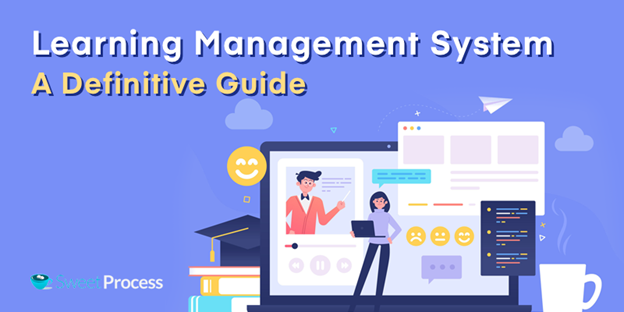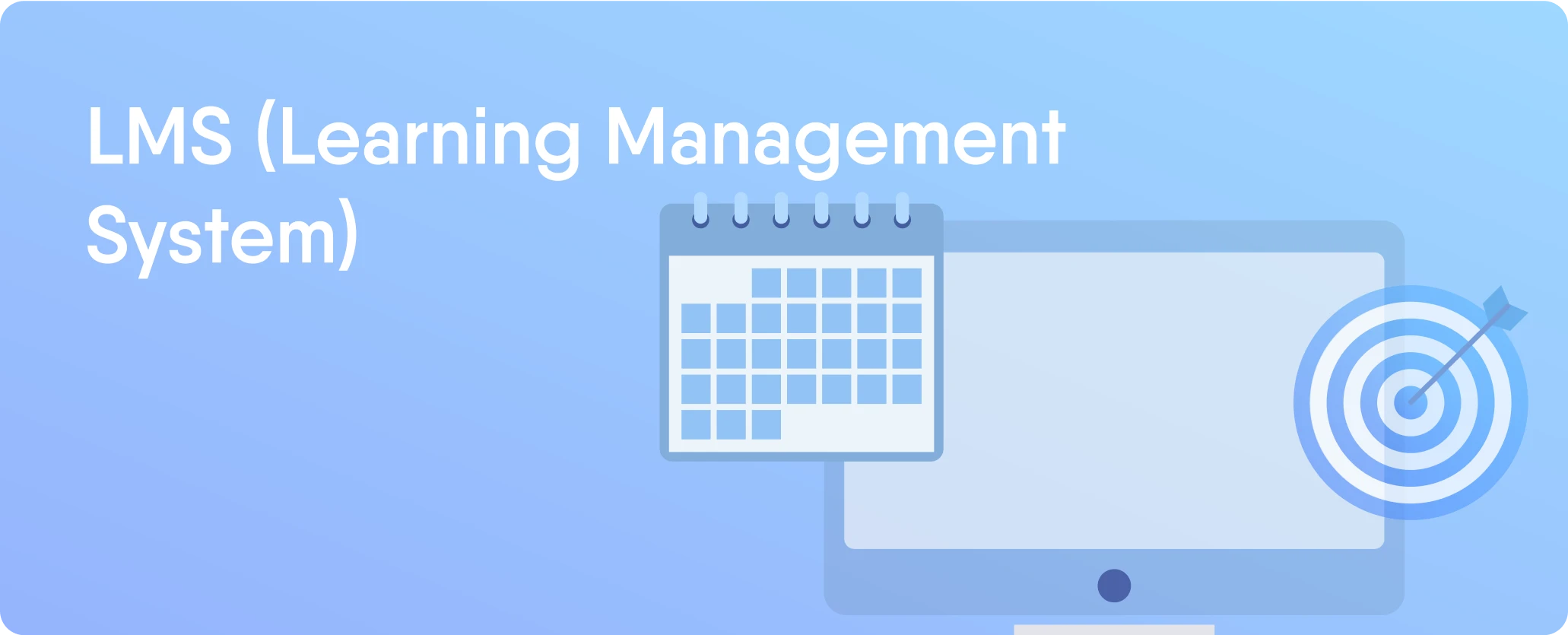Learning Management System Singapore: Making E-learning Obtainable for All
Learning Management System Singapore: Making E-learning Obtainable for All
Blog Article
Streamline Education And Learning With a Leading Knowing Monitoring System
In the ever-evolving landscape of education and learning, the fostering of a leading Discovering Management System (LMS) provides a crucial opportunity to improve processes and enhance both training and finding out experiences. By offering and automating administrative jobs tailored learning paths, an effective LMS not only helps with better interaction but likewise promotes an environment conducive to partnership and inclusivity (Canvas Singapore). The combination of such a system raises essential concerns concerning its execution and the level of its impact on pupil results. What methods should institutions think about to optimize these benefits?
Benefits of an Understanding Administration System
A Knowing Management System (LMS) offers various benefits that can considerably boost the academic experience for both teachers and learners. Largely, an LMS facilitates streamlined program management, allowing teachers to take care of training course products, track student progression, and examine efficiency effectively. This automation decreases the management problem on educators, allowing them to concentrate extra on teaching and pupil involvement.
In addition, LMS systems sustain tailored discovering paths, accommodating diverse understanding designs and rates. This versatility cultivates a more comprehensive setting, allowing students to gain access to sources that best suit their needs. Furthermore, the accessibility of an LMS allows pupils to engage with program content anytime and anywhere, promoting self-directed understanding and accommodating various routines.
An additional significant advantage is the improved cooperation chances an LMS supplies. Conversation online forums, team tasks, and peer evaluations motivate communication among students, improving their understanding via shared perspectives. In addition, the information analytics functions of an LMS allow educators to get understandings right into learner engagement and efficiency, educating training approaches and interventions.
Key Functions to Look For

Next, durable reporting and analytics abilities provide valuable insights right into learner development and involvement, allowing educators to make data-driven decisions. Assimilation with other devices, such as material authoring software and communication platforms, is likewise crucial for improving performance and enhancing workflows.
Scalability is one more vital attribute, making sure that the LMS can grow alongside the organization's demands, accommodating an enhancing number of customers and material. Additionally, mobile compatibility is crucial in today's digital landscape, enabling students to accessibility educational products on different tools.
Finally, strong security procedures must remain in location to protect delicate details and maintain conformity with educational laws. By prioritizing these key attributes, organizations can pick an LMS that sustains effective teaching and learning end results, ultimately enhancing the academic experience for all stakeholders involved.

Enhancing Pupil Engagement
Trainee interaction is a critical consider the success of any type of curriculum, as it directly influences finding out outcomes and retention prices. A robust Understanding Monitoring System (LMS) can play a pivotal function in boosting student engagement with numerous cutting-edge attributes.

Furthermore, pop over here customized discovering courses permit students to proceed at their very own rate, accommodating individual discovering styles and choices. This versatility not only cultivates a sense of possession over their knowing journey but also maintains pupils invested and inspired.
Additionally, real-time responses devices enable educators to monitor student efficiency and give prompt support, more improving the learning experience.
Implementation Methods for Establishments
Successful application of a Learning Management System (LMS) requires establishments to adopt a critical approach that lines up modern technology with instructional goals. To achieve this, establishments ought to begin by performing a complete requirements analysis to identify specific requirements, guaranteeing that the LMS will use this link efficiently address difficulties encountered in training and knowing.
Next, appealing stakeholders-- faculty, managers, and students-- is vital for fostering a culture of partnership and assistance. Training sessions should be organized to gear up individuals with the necessary skills to leverage the LMS effectively. Additionally, organizations have to allot sufficient sources, including time and budget plan, to facilitate a smooth transition and ongoing maintenance.
In addition, developing a phased rollout strategy can assist mitigate possible disruptions. Institutions can start with pilot programs to test functionality and gather feedback before full-scale implementation. Continual examination and adaptation of the LMS based upon user experience will certainly further boost its effectiveness.
Last but not least, it is vital to connect a clear vision of how the LMS sustains instructional techniques, therefore motivating buy-in from all celebrations included. By following these approaches, institutions can ensure an effective LMS implementation that inevitably enhances the instructional experience.
Gauging Success and Results
Gauging the success and end results of a Learning Management System (LMS) is crucial for establishing its effect on teaching and understanding. This process includes the collection and evaluation of measurable and qualitative data to evaluate the performance of the LMS in attaining educational goals. Trick efficiency indicators (KPIs) such as pupil interaction prices, course completion prices, and assessment ratings supply critical insights into user communication and learning end results.
Additionally, surveys and responses mechanisms can capture the experiences of both teachers and pupils, providing important perspectives on functionality, content relevance, and general contentment. By triangulating these information sources, establishments can identify staminas and locations for renovation within the LMS structure.
Additionally, lining up LMS metrics with institutional objectives improves responsibility and sustains calculated planning (LMS SG). As an example, tracking retention prices i was reading this and post-course efficiency can notify curriculum adjustments and source allotment. Inevitably, an organized method to determining success and end results not only guarantees constant renovation of the LMS but additionally cultivates a society of data-driven decision-making. This dedication to evaluation equips universities to improve their mentor methods and optimize student experiences efficiently.
Verdict
The assimilation of a leading Understanding Management System (LMS) substantially boosts instructional experiences by automating management jobs and giving individualized learning possibilities. By promoting partnership and inclusivity, a reliable LMS not just boosts student interaction however also drives much better understanding results. Institutions need to prioritize the option and implementation of an LMS that lines up with their goals, guaranteeing durable analytics and interactive web content are utilized to gauge success and continuously boost the educational environment.
An Understanding Monitoring System (LMS) provides various benefits that can significantly improve the instructional experience for both teachers and learners.In addition, LMS systems support individualized knowing paths, suiting diverse understanding styles and rates.Determining the success and end results of a Learning Monitoring System (LMS) is important for identifying its impact on training and discovering.The combination of a leading Learning Monitoring System (LMS) significantly boosts instructional experiences by automating administrative jobs and giving individualized learning chances. By promoting cooperation and inclusivity, an effective LMS not only improves student involvement however likewise drives better discovering outcomes.
Report this page